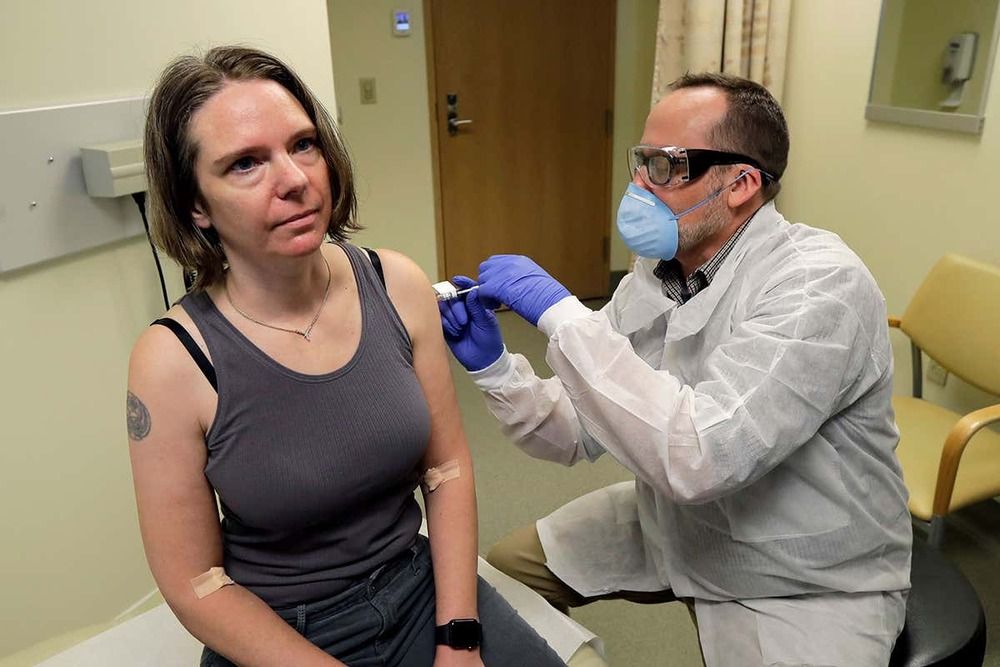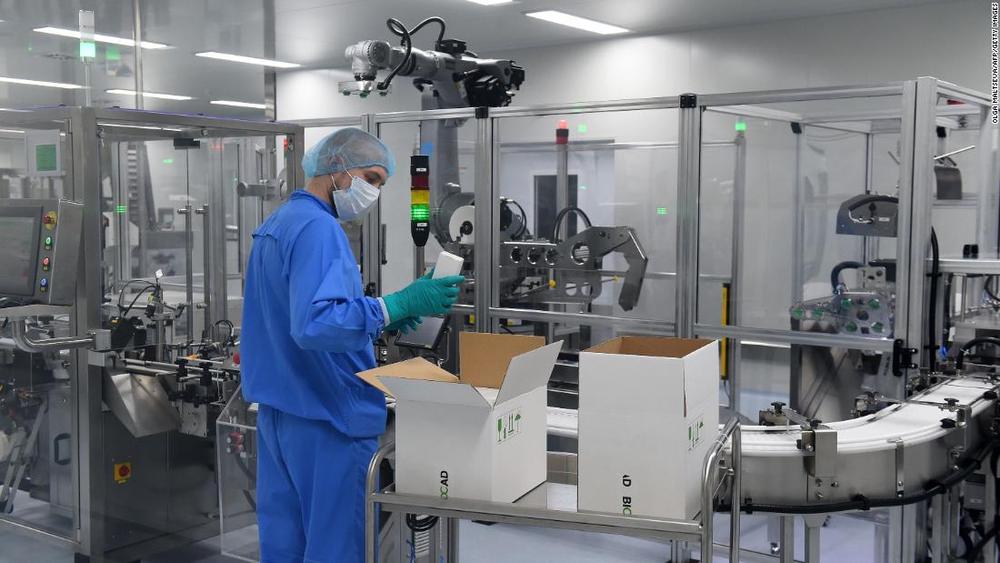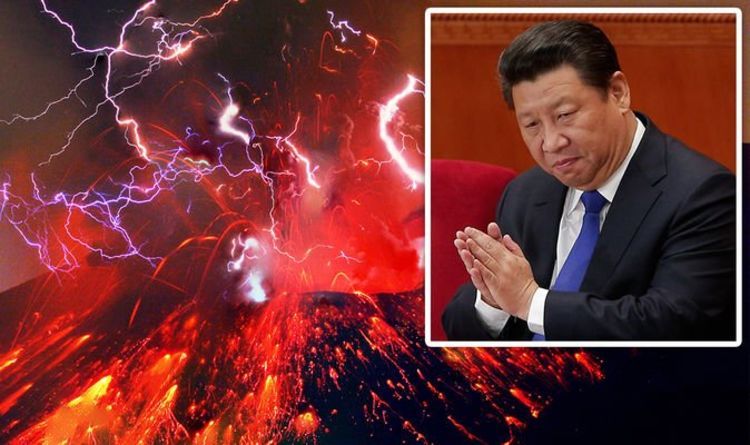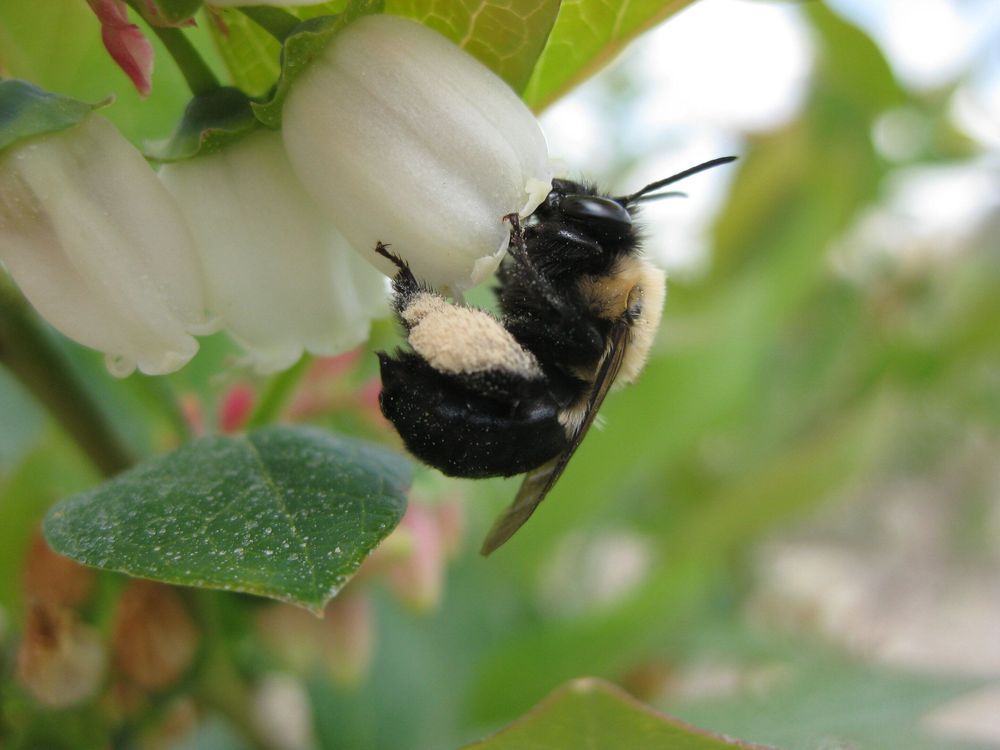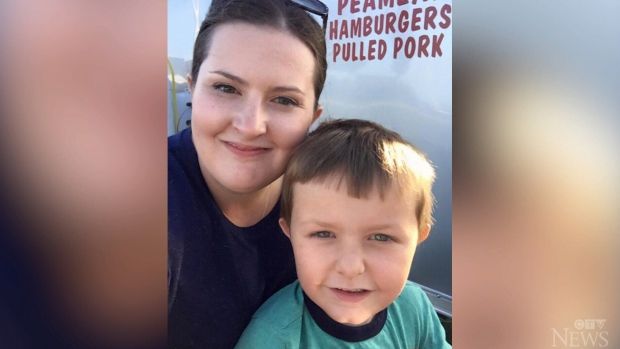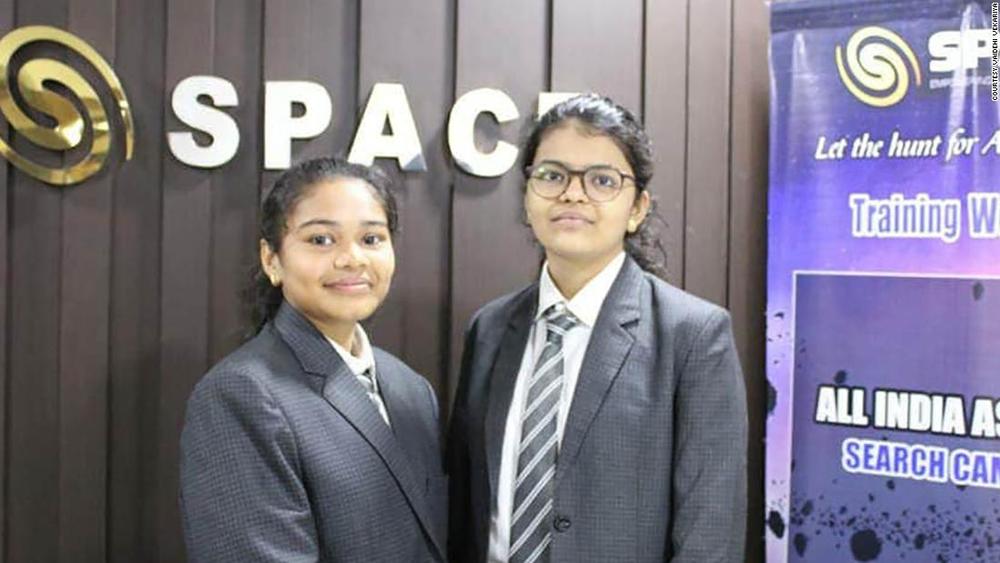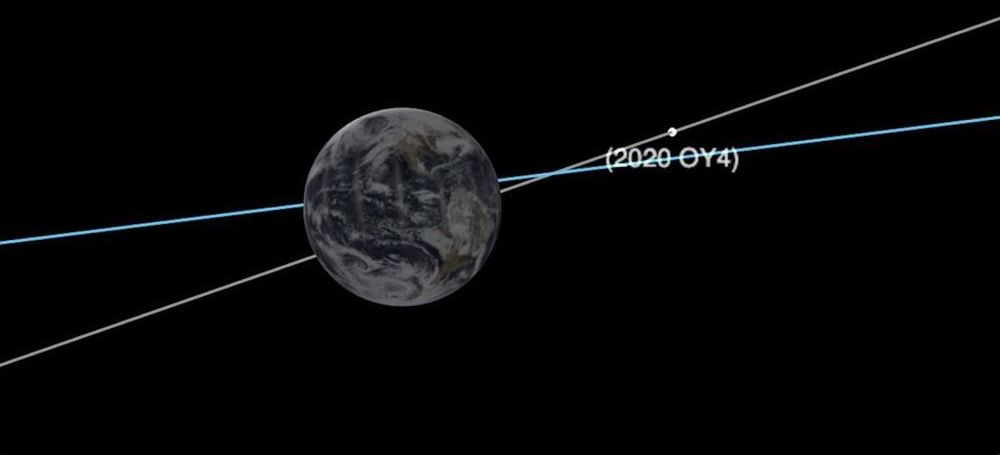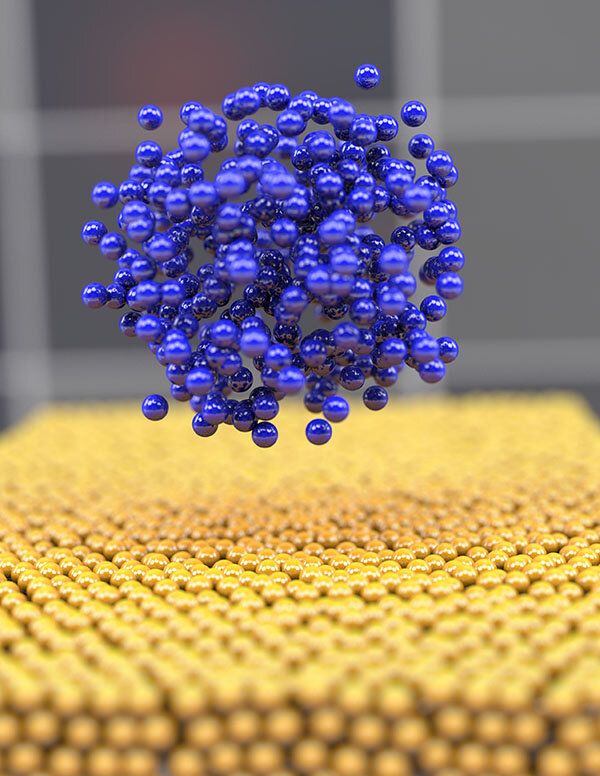
An Artificial Intelligence tool to help funders identify specialists to peer-review proposals for emergency research has been developed by Frontiers. It aims to help fast-track the allocation of funding, and in turn, accelerate the scientific response.
An Artificial Intelligence (AI) tool to help funders identify specialists to peer-review proposals for emergency COVID-19 research has been developed. It aims to help fast-track the allocation of funding, and in turn, accelerate the scientific response to the virus.
The open-access publisher Frontiers has specifically developed the recommendation tool to aid funders during the crisis by helping them identify new reviewers. Under normal circumstances, the review process for research funding typically takes place by committee and can take a matter of months. However, since the COVID-19 outbreak, experts have become less available, and the urgency of this situation commands a tighter timeframe.
Continue reading “Artificial intelligence to enable fast-track review of COVID-19 research proposals” »
